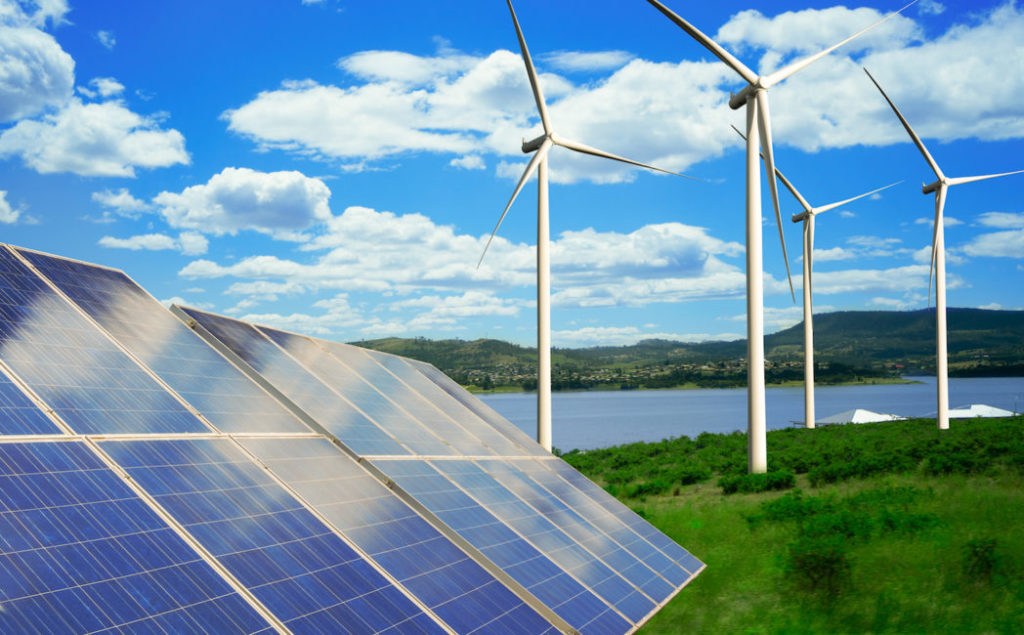The European Union is on track to pass its first big climate test, according to new figures published this week. But Belgium has been singled out for lagging behind on its greenhouse gas-busting commitments.
Energy and climate accounting is a complex business and it takes a long time to gather and crunch the numbers. That is why data for the EU’s raft of 2020 targets is only now really starting to pour in.
According to an updated stocktake by the European Environment Agency (EEA), the EU as a whole will meet its goals to reduce overall emissions by 20% compared to 1990 levels, increase renewable energy by 20%, and improve energy savings by 20%.
The ‘20-20-20’ targets are a stepping stone towards more ambitious benchmarks for 2030 – yet to be set in stone – and, eventually, the EU’s long-term goal of going climate-neutral by 2050.
In terms of the headline overall emissions target, the EU “substantially overachieved”, according to the EEA report: greenhouse gas output fell 31%, a full 11 percentage points more than the aimed-for 20%.
Each country has its own specific benchmarks to meet and six Member States – Bulgaria, Cyprus, Finland, Germany, Ireland and Malta – are on track to miss their top goals.
Renewable energy also came in a whisker above what was required, as 22 of the 27 EU countries have installed enough wind, solar, hydropower and bioenergy to meet their individual goals. Belgium, France, Poland, Romania and Slovenia have not.
There are still options open to these countries though, as EU rules allow for ‘statistical transfers’ between Member States, an accounting trick which essentially involves the purchase of surplus renewable statistics, not the actual power itself.
Luxembourg and the Netherlands have taken advantage of that option in recent years, making deals with Lithuania and Denmark and paying more than €100 million in the process. That money has been largely used to fund more clean energy, such as wind farms.
Covid savings
Annual audits suggested until quite recently that the energy efficiency target would be missed, as governments failed to rein in power demand. However, the cooling effect on consumption brought on by coronavirus lockdowns in 2020 provided an unexpected boost.
“This ultimately provided the momentous shift necessary to achieve the otherwise distant target levels,” the report explains. But Belgium, as well as Bulgaria, will likely fail to meet its full list of national energy-saving obligations.
Related News
- The Netherlands fears a greater rise in sea levels than forecast
- Guilty by association
- Windy weather forecast should lower gas prices
Arianna Vitali, head of the Coalition for Energy Savings, said that “it is unfortunate to see that an unpredictable event, like Covid, contributed to the achievement of the 2020 energy efficiency target. For 2030, the EU needs to make sure that reduction of energy use is the result of planned policies and the acceleration of efforts in energy efficiency."
If Member States are not able to improve their climate credentials by the time the EU institutions publish the final set of data, which will happen during the first few months of 2022, then they may be liable for financial penalties.
It will be up to the European Commission whether to pursue sanctions against governments that have failed, which could mean infringement procedures at the European Court of Justice.
According to the EEA report, only 11 countries – Czech Republic, Croatia, Denmark, Estonia, Greece, Italy, Latvia, Luxembourg, Portugal, Spain and Sweden – present a full clean, green bill of health across the board.

